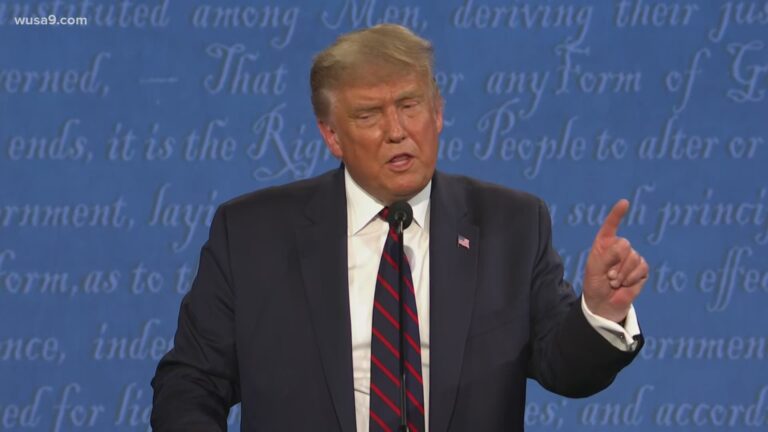
STRATEGIC ASSESSMENT- The US held indirect talks with Iran in Oman earlier this year, as part of efforts to rein in naval operations by Yemen’s Houthi-aligned armed forces in the Red Sea.
According to a report by the Financial Times, citing officials from both sides, the negotiations brokered by regional mediator Oman took place in January and also involved Washington’s concerns over Tehran’s expanding nuclear programme. It was the first time such a meeting took place in ten months.
The US delegation was led by the White House’s Middle East adviser, Brett McGurk, and its Iran envoy, Abram Paley, while Iranian Deputy Foreign Minister, Ali Bagheri Kani, who is also the country’s top nuclear negotiator, represented the Islamic Republic.
As there are no diplomatic relations between the two countries, “Omani officials shuttled between the Iranian and American representatives so they did not speak directly,” the newspaper said, citing officials.
The Biden administration sees indirect communication channels as “a method for raising the full range of threats emanating from Iran,” the FT said, noting that the US negotiators conveyed to the Iranians “what they need to do in order to prevent a wider conflict, as they claim they want.”
A second round of talks involving McGurk was reportedly scheduled for last month, but was delayed when he became preoccupied with US efforts to broker a ceasefire agreement between Israel and Hamas, the US officials added.
“We have many channels for passing messages to Iran,” a US state department spokesperson was also quoted as saying. They declined to provide details “other than to say that, since October 7, all of them have been focused on raising the full range of threats emanating from Iran, and the need for Iran to cease its across-the-board escalation.”
In November, in solidarity with Gaza, the Houthis began carrying out naval operations against Israeli-linked vessels in the Red Sea, prompting the US and Britain to launch air strikes on the war torn country. However, this hasn’t deterred the Houthis who have vowed to continue Red Sea operations throughout the month of Ramadan.
Iran is accused by the West of arming and providing intelligence to the Houthis, however, although Tehran acknowledges its political support for the Houthi-led government in Sanaa, it insists they act independently. “Iran has repeatedly said it only has a form of spiritual influence. They can’t dictate to the Houthis, but they can negotiate and talk,” an Iranian official said.








